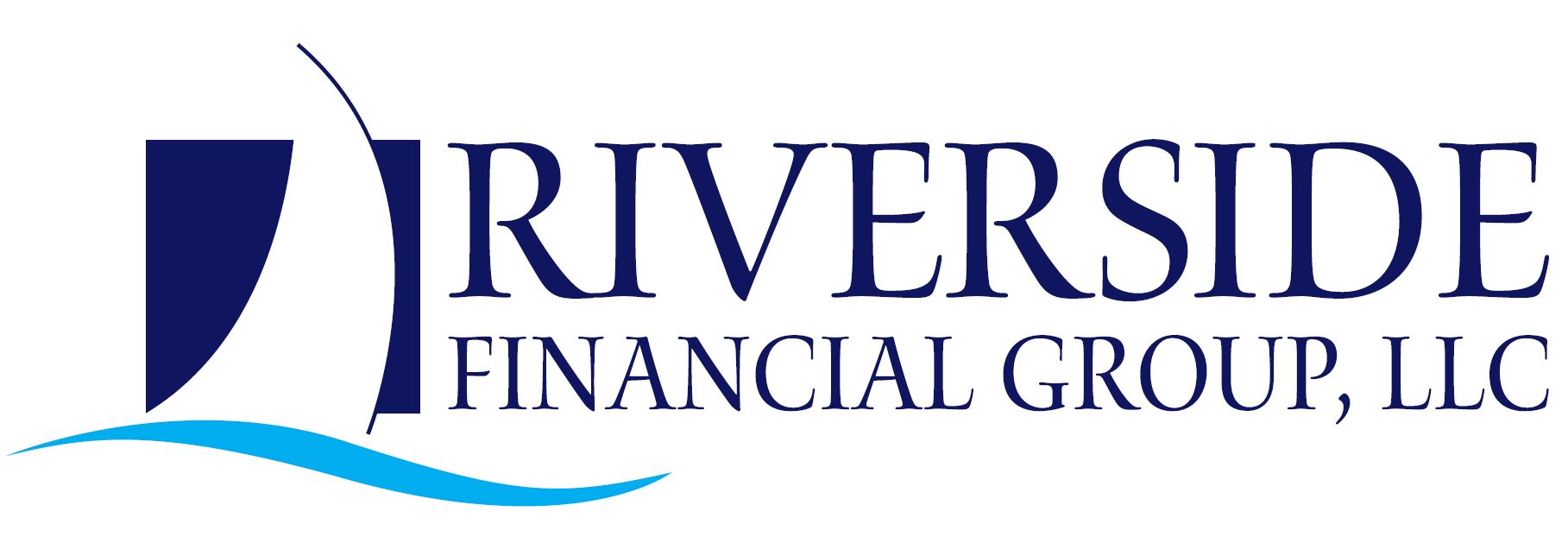Senator Will Roth of Delaware gave us a true gift; the ability to save in a vehicle that allows for tax-free distributions at retirement. The Roth IRA was introduced in the Tax Payer Relief Act of 1997 to great success. The Roth 401(k) was introduced in 2006, and over the past nine years an increasing number of companies have begun to roll out Roth 401(k) options for their employees. Roth 401(k) contributions are made after-tax, thus giving up some current-year tax benefits, but future distributions are tax-free-provided certain rules are met*. In recent years, Roth 403(b) and Roth 457 plans were added to provide the same benefits to non-profit and municipal employees.
In terms of retirement planning, tax efficiency is important. In retirement, when budgets are typically constrained, every dollar spent on federal and state income taxes is a dollar removed from your spendable income. Steps taken now to reduce your future “tax bleed” will pay off handsomely. This is why we strongly promote the Roth election when participating in a 401(k) plan. The ultimate goals is to generate a significant level of tax-free income as part of your overall retirement cash flow.
Prior to the introduction of a Roth election in a 401(k) plan, traditional pre-tax contributions were the only option. In many cases, high-income earners nearing retirement will need most if not all of their contributions to remain pre-tax. But there are a variety of scenarios for which a Roth 401(k) election makes clear-cut sense:
• Younger employees who expect to be earning significantly higher salaries in the future.
• People who are in a very high tax bracket and expect to remain so.
• People who have very large Traditional IRA and pre-tax 401(k) balances, with relatively little after-tax savings available at retirement.
• People who expect to have very large estates, and are sensitive to the degree of tax efficiency when transferring assets to their heirs.
And there are other benefits to the Roth 401(k) beyond tax rate differentials:
• There are no income thresholds applied to Roth 401(k) contributions, employees at any income level may participate. By contrast, Roth IRA contributions are subject to income thresholds.
• There are no Required Minimum Distributions (RMD) associated with Roth 401(k) assets, if rolled into a Roth IRA at retirement.
• Distributions from Roth 401(k) accounts are not counted in the social security taxation calculation.
• Roth 401(k) assets may be transferred tax-free to your heirs, which offers a variety of estate planning benefits.
• In the event of unexpectedly large IRA withdrawal needs, the Roth 40l(k) is a tax-free alternative.
For some, continuing mostly or fully with the pre-tax option is the right choice. This is the case if your marginal tax rate is higher now than it is expected to be in retirement. Also, it is important to remember that the tax system in the United States is progressive, income is taxed at increasing rates as it goes higher. So even if you think the marginal tax rate in the future will be higher, and the Roth election is appealing, there will still be lower brackets and these lower brackets should be filled with money from a pre-tax Traditional 401(k).
Based on the myriad of planning considerations on this subject, we most often recommend split funding between a Roth and Traditional 401(k). As employer contributions are always made pre-tax, elective Roth contributions become even more important to balance this split-funding. The first step is to determine whether or not your employer offers a Roth 401(k) sleeve. If not, ask your HR department to consider the option. If so, consult your tax advisor or financial planner about the benefits to you.
*Qualified distributions form a Roth 401(k) are always tax-free. To be qualified, distributions must be made after the end of a 5-year waiting period and the payment is made after you turn 59 1/2 , become disabled, or die. The 5-year waiting period starts on January 1 of the year in which you make your first payment to the Roth 401(k).
These are the opinions of Riverside Financial Group, LLC and not necessarily those of Cambridge, are for informational purposes only, and should not be construed or acted upon as individualized investment advice.

Recent Comments